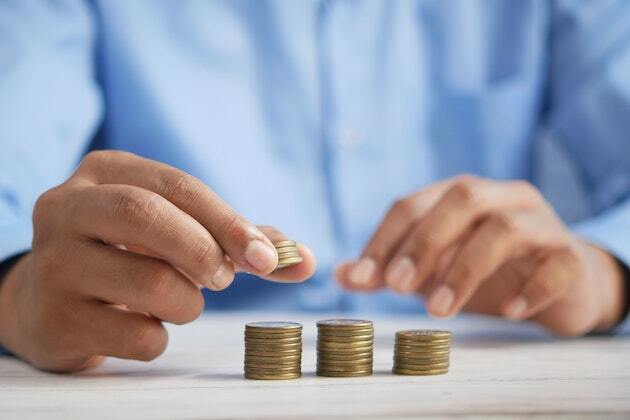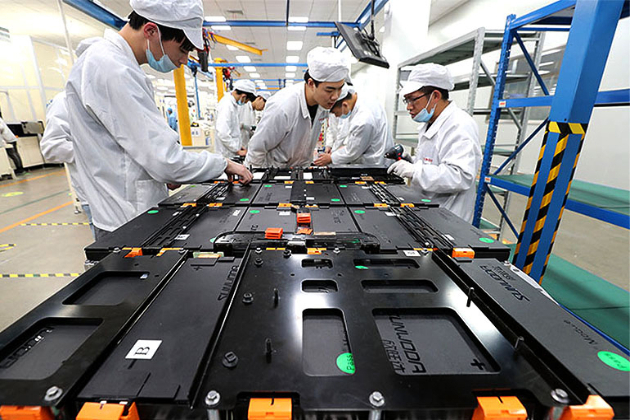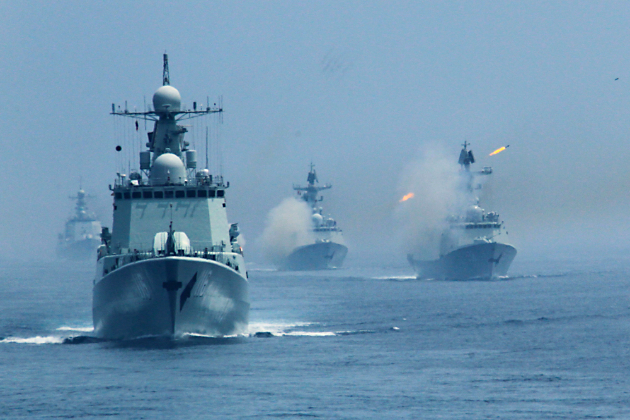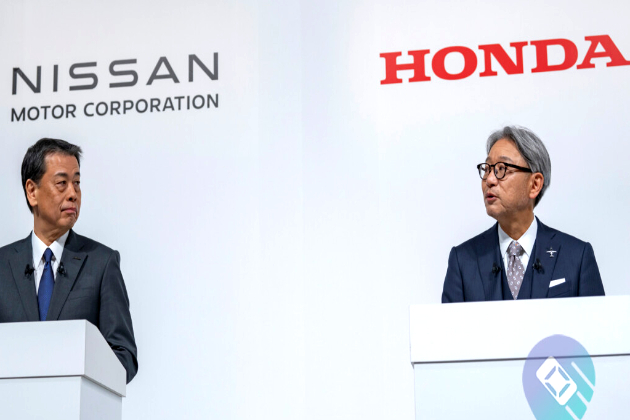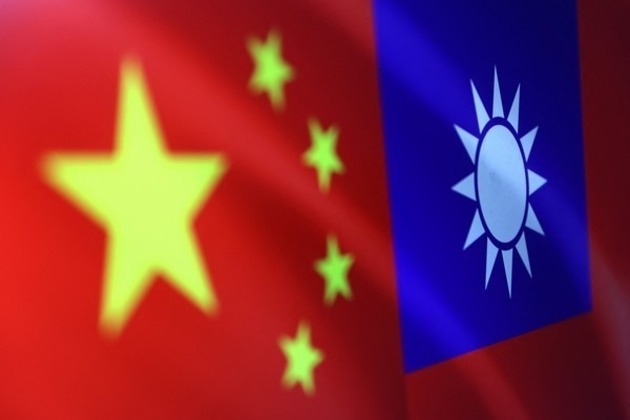Coronavirus and the politics of crisis fatigue
The Conversation
26 Mar 2020, 00:13 GMT+10
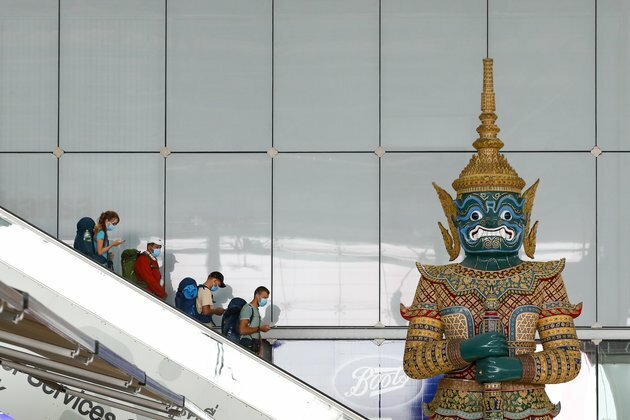
The new coronavirus pandemic is affecting our daily lives in many unexpected ways. We are particularly trying to understand why some people are not heeding official advice about social isolation. I believe this relates to a particular kind of political malady that has been emerging in recent years - something we might call "crisis fatigue".
After two decades that have almost been defined by wave upon wave of crises, it's possible that the public has simply become immune to warnings from politicians and habitually distrustful of their claims.
I propose that crisis fatigue is a sociopolitical condition. It's the tiredness that comes as result of the constant fear associated with repeated warnings about crisis, disaster or catastrophe. It also refers to the weakening of political or other social structures caused by repeated narratives of impending doom. That is, falling levels of trust in politicians, political institutions and political processes as a succession of crises gradually saps the public's confidence that their representatives actually have the ability to respond.
There's no doubt that Covid-19 represents a global health pandemic. Its implications for older and vulnerable people are stark. It feels like a war without a conventional enemy. There is a certain fearfulness and uncertainty "out there" which is itself almost tangible. Nevertheless, there continues to be a problem with people not taking seriously the advice to stay indoors.
It's hardly surprising that politicians and senior officials are responding with exasperated frustration. And yet I can't help wondering if part of the problem is that the notion of crisis has simply become the new normal, particularly for millennials. Life for them must be a bit like living through a Billy Bragg song: "Crisis after crisis, with such intensity".
Since the millennium, they've survived against a backdrop of global financial crisis, mass refugee movement, violent revolutions in the Middle East, constant terror threats, a succession of global pandemics - SARS in 2003, bird flu in 2005, swine flu in 2009, MERS in 2012, Ebola in 2014 and now Covid in 2019. They absorb doom-laden narratives about globalisation and suffer from the growth of economic precarity. They hear about the "death" or "end" of democracy and catastrophic climate change. Is it any wonder that mental health and wellbeing services are generally discussed in crisis-laden terms?
Coronavirus brings an additional layer of pressure, strain and stress on sections of society that were already feeling anxious or were struggling to survive.
'Liquid fear'
Many people now simply live in fear all the time. Life resembles a constant flow of crises and disasters - real, perceived and artificially engineered for gain. All too often this fear appears to defeat enlightenment ideas about human progress. I can't help but think about my old friend Zygmunt Bauman and his notion of "liquid fear":
The sunlit uplands have turned into a fool's paradise. We live in a state of constant anxiety about the dangers that lurk in an unattended suitcase, the rarity of snow - and now, even a cough or a sneeze. The emergence not of free, but of fearful, societies seems to be the crowning achievement of the 21st century so far.
As Ben Debney, a specialist in moral panics, has recently explained:
Think, for example, of US president Donald Trump's repeated attempts to label it "a foreign virus" or "the Chinese virus". Naomi Klein has already identified the rapid emergence of a form of "coronavirus capitalism", whereby governments around the world are busily exploiting the crisis to push for no-strings-attached corporate bailouts and regulatory rollbacks. Winners will keep on winning and losers will just have to survive.
It's also important to note that living in a perennial state of crisis or emergency cannot be seen as living in a free society. The Italian philosopher Giorgio Agamben has made this point with more precision than I ever could in his analysis of "the state of exception". He believed that the tendency for governments to use crisis conditions as a justification for claiming exceptional powers for themselves has become normalised.
The bigger background question that Coronavirus highlights - and one which needs to be grappled with as soon as possible - is how we move away from a dominant "culture of crisis" and begin to nurture a more balanced and sustainable way of living together.
Author: Matthew Flinders - Founding Director of the Sir Bernard Crick Centre for the Public Understanding of Politics, University of Sheffield 
 Share
Share
 Tweet
Tweet
 Share
Share
 Flip
Flip
 Email
Email
Watch latest videos
Subscribe and Follow
Get a daily dose of China National News news through our daily email, its complimentary and keeps you fully up to date with world and business news as well.
News RELEASES
Publish news of your business, community or sports group, personnel appointments, major event and more by submitting a news release to China National News.
More InformationBusiness
SectionHome Depot sees sales rebound in Q4 after two-year slump
ATLANTA, Georgia: After two years of declining same-store sales, Home Depot finally saw a turnaround in the fourth quarter, fueled...
U.S. stocks rally despite Trump doubling-down on tariffs
NEW YORK, New York - U.S. stocks rallied on Friday as economic data showed the U.S. Federal Reserve has likely tamed inflation. The...
Personal Consumption Expenditures price index in January improves slightly
WASHINGTON, DC - The U.S. Federal Reserve seemingly has inflation under control with the latest econbomic data confirming little push...
Arctic’s Svalbard Seed Vault to receive 14,000 new samples
COPENHAGEN, Denmark: A remote Arctic facility designed to preserve the world's agricultural diversity is set to receive a major new...
BP shifts focus back to fossil fuels, scaling down renewable goals
LONON, U.K.: British Petroleum is set to abandon its ambitious renewable energy expansion targets in favor of a stronger focus on fossil...
Volkswagen partners with CATL to boost China EV expansion
WOLFSBURG, Germany: Volkswagen is strengthening its push into China's electric vehicle (EV) sector by partnering with CATL, the world's...
Asia Pacific
SectionChina launches live-fire drills after Vietnam's territorial claim
BANGKOK, Thailand: Chinese authorities said they started live-fire military exercises in the Gulf of Tonkin this week, just days after...
French warships join Philippines for South China Sea Drills
ABOARD THE CHARLES DE GAULLE, Philippines: France's nuclear-powered aircraft carrier and its warships arrived in the Philippines over...
Woman dies after ute collides with e-Scooter at Lithgow
LITHGOW, Central West, NSW, Australia - A 32-year-old woman has died following a collision between her e-Scooter and a utility vehicle...
Foxconn seeks Honda as a partner, eyes ties with Nissan, Mitsubishi
TOKYO, Japan: Foxconn has approached Honda Motor with a proposal to form a partnership, aiming to establish a broader collaboration...
Taiwan imposes sanctions on seven Chinese universities over national security concerns
Taipei [Taiwan], March 1 (ANI): Taiwan has imposed sanctions on seven universities linked to the Chinese Ministry of Industry and Information...
Xinhua Photo Daily | March 1, 2025
BEIJING, March 1 (Xinhua) -- A selection of the best press photos from Xinhua. A drone photo taken on Feb. 27, 2025 shows the construction...



